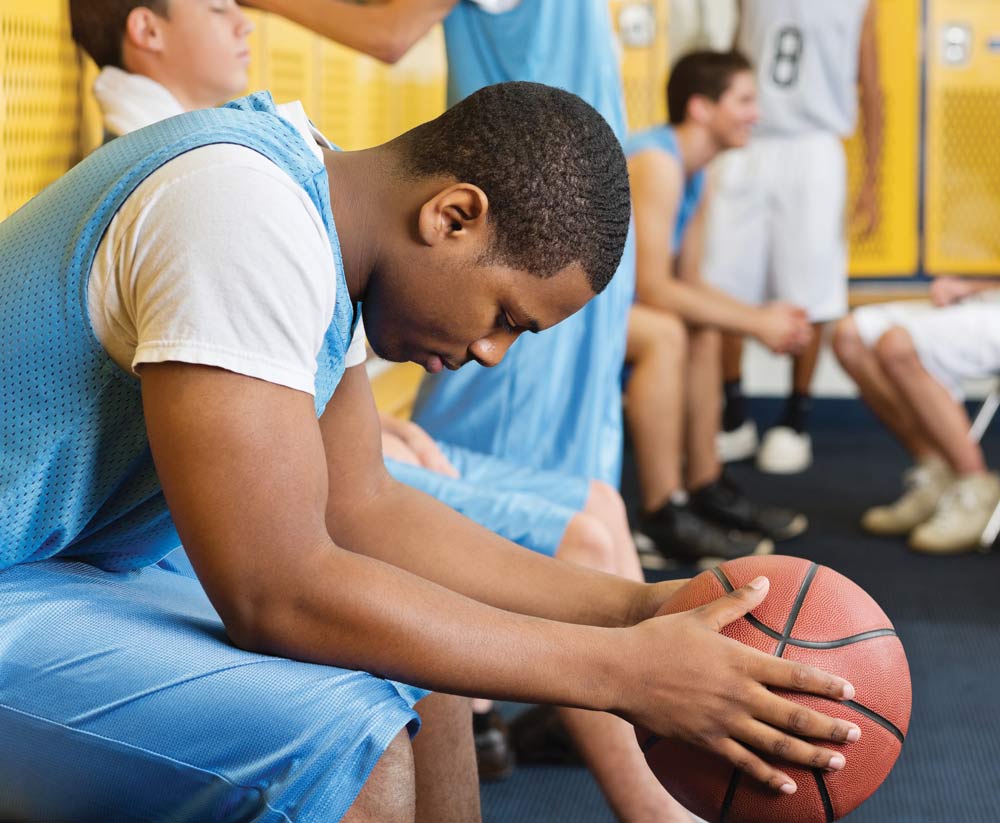I. Introduction

A. Importance of sports psychology in enhancing athletic performance
Sports psychology plays a crucial role in enhancing athletic performance. It focuses on the mental aspects of sports and aims to optimize the psychological well-being and functioning of athletes. By addressing psychological barriers and developing mental skills, sports psychologists assist athletes in overcoming challenges, maximizing their potential, and achieving peak performance.
B. Overview of the diverse work environments for sports psychologists
Sports psychologists work in a variety of settings, each offering unique opportunities to apply their expertise. These settings can include private practice, sports teams and organizations, sports academies and training facilities, and rehabilitation and injury management centers. Additionally, sports psychologists also contribute to research and academia, as well as performance consultancy and corporate settings.
II. Work Settings for Sports Psychologists
A. Private Practice
Sports psychologists in private practice provide individual athletes with one-on-one counseling and therapy sessions. They help athletes address and overcome psychological challenges such as performance anxiety, self-doubt, and goal setting. Through personalized interventions and mental skills training programs, they assist athletes in developing key psychological attributes such as focus, confidence, and resilience.
B. Sports Teams and Organizations
- Professional Sports Teams
Sports psychologists working with professional sports teams offer psychological support to athletes, coaches, and staff. They assist athletes in managing the pressures and demands of high-performance sports, facilitate communication and conflict resolution within teams, and provide strategies for stress management and motivation. These professionals also collaborate with team doctors and trainers to address mental health concerns and ensure a comprehensive approach to athletes’ well-being.
- Collegiate Athletics
Sports psychologists in collegiate athletics work with student-athletes to help them manage stress, performance anxiety, and career transitions. They provide support during the challenging balancing act of academics and athletics and offer strategies for time management and goal setting. Additionally, sports psychologists conduct workshops and seminars on mental skills development, empowering student-athletes to optimize their performance both on and off the field.
C. Sports Academies and Training Facilities
Sports psychologists working in sports academies and training facilities collaborate with young athletes to develop psychological skills and resilience. They provide guidance on goal setting, motivation, and coping with setbacks. Additionally, sports psychologists conduct performance profiling and assessment to identify and nurture talented athletes. Through mental skills training programs, they help young athletes develop the psychological attributes necessary for success in their sport and in life.
D. Rehabilitation and Injury Management Centers

Sports psychologists in rehabilitation and injury management centers play a vital role in supporting athletes during the recovery process. They provide psychological support to injured athletes, helping them navigate the emotional challenges of being sidelined and guiding them towards a successful return to sport. By addressing fears, promoting positive coping strategies, and facilitating psychological readiness, these professionals contribute to the holistic rehabilitation process.
III. Research and Academia
In the field of sports psychology, universities and research institutions play a crucial role in advancing knowledge and understanding. These institutions provide valuable resources for conducting research on various aspects of sports psychology and contribute to the overall development of the field.
- Conducting research on various aspects of sports psychology
Universities and research institutions serve as hubs for conducting cutting-edge research on various aspects of sports psychology. Researchers in these institutions explore topics such as motivation, performance enhancement, goal-setting, mental skills training, and the psychological impact of injuries on athletes. By conducting studies and experiments, researchers contribute to expanding our understanding of the psychological factors that influence athletic performance.
The research conducted at these institutions often involves gathering data from athletes through surveys, interviews, and observations. Researchers may also utilize laboratory settings to test hypotheses and validate theories. The findings from these research studies are then published in academic journals, which further disseminate knowledge and contribute to the evidence base of sports psychology.
- Teaching courses and mentoring students pursuing careers in sports psychology
Another important aspect of universities and research institutions in the field of sports psychology is their role in education and training. These institutions offer courses and programs that focus on sports psychology, allowing students to gain theoretical knowledge and practical skills in the field. Through these educational programs, students are equipped with the necessary tools to pursue careers in sports psychology.
In addition to formal education, universities and research institutions provide mentorship opportunities for students. Professors and researchers guide and mentor aspiring sports psychologists, helping them navigate their academic and professional journey. Mentors offer valuable insights, research opportunities, and career advice, making them instrumental in shaping the future of sports psychology.
IV. Performance Consultancy and Corporate Settings

Sports psychology isn’t limited to the field of athletics; its principles and techniques are also applicable in performance consultancy and corporate settings. Sports psychology professionals can provide valuable services to corporate clients, helping enhance the mental skills and performance of their employees.
A. Performance Consultancy Firms
Performance consultancy firms specialize in working closely with corporate clients to improve the mental skills and overall performance of their employees. By leveraging principles from sports psychology, these firms develop customized strategies and interventions targeted towards enhancing employee performance.
One key area of focus for performance consultancy firms is stress management. Stress is a common challenge in the corporate world, and its negative impact on performance and well-being is well-documented. Sports psychologists can help employees develop effective stress management techniques, enhance resilience, and improve overall mental well-being.
Additionally, performance consultancy firms offer workshops and training programs on team building and collaboration. These interventions aim to enhance interpersonal skills, foster effective communication, and promote a positive team culture within the organization. By incorporating sports psychology principles, these workshops provide employees with practical tools to improve teamwork, cohesion, and overall performance.
B. Fitness Centers and Health Clubs

Sports psychology professionals also play a valuable role in fitness centers and health clubs. While physical fitness is often the primary focus in these settings, the psychological aspects of achieving fitness goals are equally important. Sports psychologists can assist clients in overcoming psychological barriers that may hinder their progress and help them develop a positive mindset towards fitness and exercise.
In instances where individuals struggle with weight management issues, sports psychologists can design and implement psychological interventions. These interventions may involve addressing emotional eating, developing strategies to overcome self-sabotaging behaviors, and promoting positive body image.
By incorporating sports psychology principles into fitness centers and health clubs, professionals can provide a holistic approach to achieving overall well-being. By addressing the psychological factors that influence fitness and weight management, individuals are better equipped to achieve their goals and sustain healthy lifestyles.
Overall, the involvement of universities and research institutions in sports psychology contributes to the advancement of knowledge and understanding in the field. In addition, sports psychology professionals in performance consultancy and corporate settings provide valuable services to enhance mental skills and performance in various domains. By utilizing sports psychology principles, individuals and organizations can unlock their full potential and achieve optimal performance.



